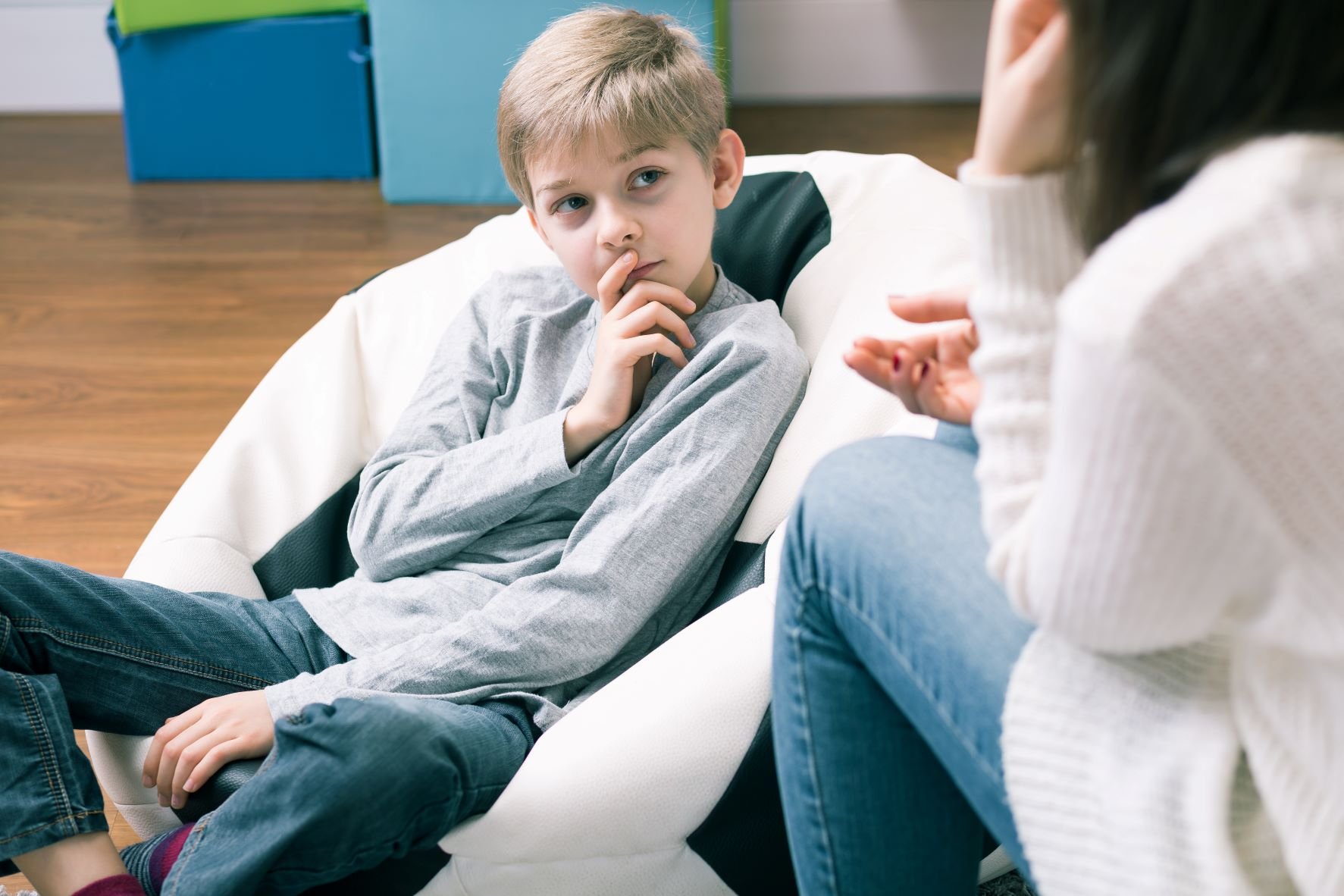Why Mindfulness Should Be Part of Your School's SEL Strategy
In today’s world, including social emotional learning (SEL) skills in your school’s curriculum is more important for youth than ever. SEL skills like self-awareness, compassion for others, and emotional regulation are essential for kids and teens, and help them grow into responsible, kind, and happy adults.
Although mindfulness isn’t officially considered an SEL skill, this ancient practice ties into many core areas of SEL. By teaching your students mindfulness, you can help them practice and improve on many important SEL skills that will serve them through their lives.
Here are 4 important SEL skills that a classroom mindfulness program can help you teach.
Mindfulness Helps Develop Self-Awareness
One of the life skills that SEL programs strive to develop in students is self-awareness. To be able to manage their emotions, students must first be able to notice and name them. But many young people may never learn this skill. Without the ability to reflect internally and develop awareness about their inner lives, it’s possible that young students either internalize or externalize their painful emotions in unhealthy ways.
Mindfulness helps both kids and adults develop deeper self-awareness. When practicing mindfulness, you take a rare moment of time to sit quietly, without distractions, and stay present with whatever the moment brings. This gently encourages students to non-judgmentally examine what they may be feeling.
Emotional Regulation

After developing self-awareness and noticing their feelings, students can learn how to manage these feelings in healthy ways. This skill, also called emotional regulation, is something else that SEL curricula typically focus on. Emotional regulation is an important life skill that can empower students to become independent and self-sufficient.
Mindfulness invites students to pay non-judgmental attention to their feelings -- both the “happy” ones and the uncomfortable, painful ones. This is sometimes called radical acceptance; although you may not enjoy the feeling, you have the capacity to accept every feeling as it arises.
Mindfulness Increases Growth in Compassion
One of the goals of teaching SEL in schools is to help your students grow into kind, compassionate adults. Experts say that compassion and empathy are skills that can be taught and nourished, rather than something we’re born with (or not). These skills are reflected in one of SEL’s core competencies, “relationship skills.”
Mindfulness is about more than just being happier and more peaceful yourself. Research studies have found that mindfulness practitioners tend to have a greater capacity for empathy than non-practitioners. For example, they may be more likely to help out a stranger or empathize with the suffering of other people. Research has shown that mindfulness also improves people’s interpersonal relationships.
Mindfulness Supports Cognitive Flexibility
Cognitive flexibility is the skill of being able to adapt and change your thinking depending on the situation. This helps people to be more flexible in their relationships with other people, as well. People who have high cognitive flexibility can also increase creativity and improve problem-solving skills.
Mindfulness supports cognitive flexibility by encouraging students to be aware of, and accept, different situations and feeling states. This may improve students’ ability to pay close attention, without distractions, and come up with innovative solutions. Best of all, the connection between mindfulness and cognitive flexibility is science-backed.
If you’re considering starting a classroom mindfulness program on your campus, Calm Classroom can help. Get in touch with us today to learn more about our curriculum and training.





SIGN UP FOR OUR NEWSLETTER